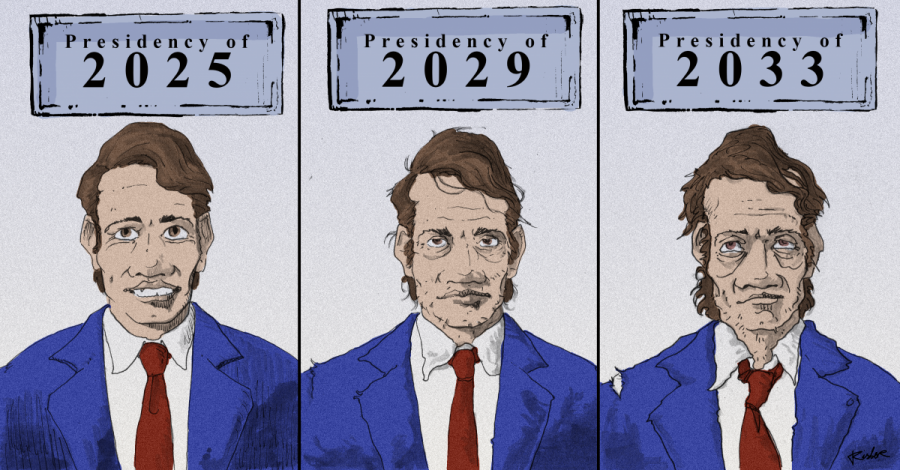Unlimited terms are limiting democracy in the U.S.
While imposing term limits may technically be unconstitutional, operating without them is hindering democracy in the US.
The incumbency advantage is a paradigm created when members of Congress are elected, reap the benefits of their position, and then use the majority of their time and resources to campaign for re-election.
This is a regular occurrence, as an average of 87 per cent of Senate incumbents and 93 per cent of House incumbents have been re-elected in the past 10 election cycles in the United States.
The name recognition, political relationships, and deep pockets that come with the job usually make for an unbeatable candidate and an undemocratic result.
The continuous terms these politicians serve create years of distance between their lives as citizens and as politicians, therefore distancing their priorities from those of the American people. This system, which was intended to allow people to gain years of experience and enact long-term change, has inadvertently shifted the incentive to that of self-interest. While about 83 per cent of American voters are in favour of passing a constitutional amendment that would allow for term limits, its opposition comes primarily from incumbents and the parties that support them.
Term limits are an important foundation of democracy.
Due to this continuous re-election cycle, the overwhelming majority of the U.S. Congress is old. The average age of the 119th Congress is 58 years old, with 88 percent of the Senate and 70 percent of the House being over 50 years old. Mexico, one of the few countries with imposed term limits for its legislators, allows senators to be elected for two six-year terms, while representatives are allowed four three-year terms. Capping out at 12 years, the average age for members of Parliament in Mexico is 51.5 years, with only 52 percent of those members being over 50.
There is a critical need for generational diversity in Congress, and the imposition of term limits would mean a routine inclusion of fresh blood and perspectives that reflect the evolution of thought and ideas.
Moreover, term limits could dismantle the sea of career politicians and bring people with recent and applied knowledge into positions that require a genuine understanding of the issues they are trying to face. With term limits, the influence and crowd-funded election support won’t do the job. Incumbents would need to genuinely earn votes, which would require them to actually pay attention to constituents and their legislative responsibilities rather than spending 30 hours a week fundraising for campaigns as they currently do.
With the incumbent advantage, after so many years on the job, members of Congress fall into this employee-employer dynamic where they act in the interest of the government to continue
climbing the ladder.
Given Donald Trump’s aggressive, autocratic-like actions since re-election, it makes sense that he’s seeking loopholes for a third term. We can see not just in other countries but within our own how this lack of limits infringes on democracy.
Imposing term limits would not only reinforce the fragility of Congress but also remind its incumbents of their real boss, the American people.


_600_832_s.png)




